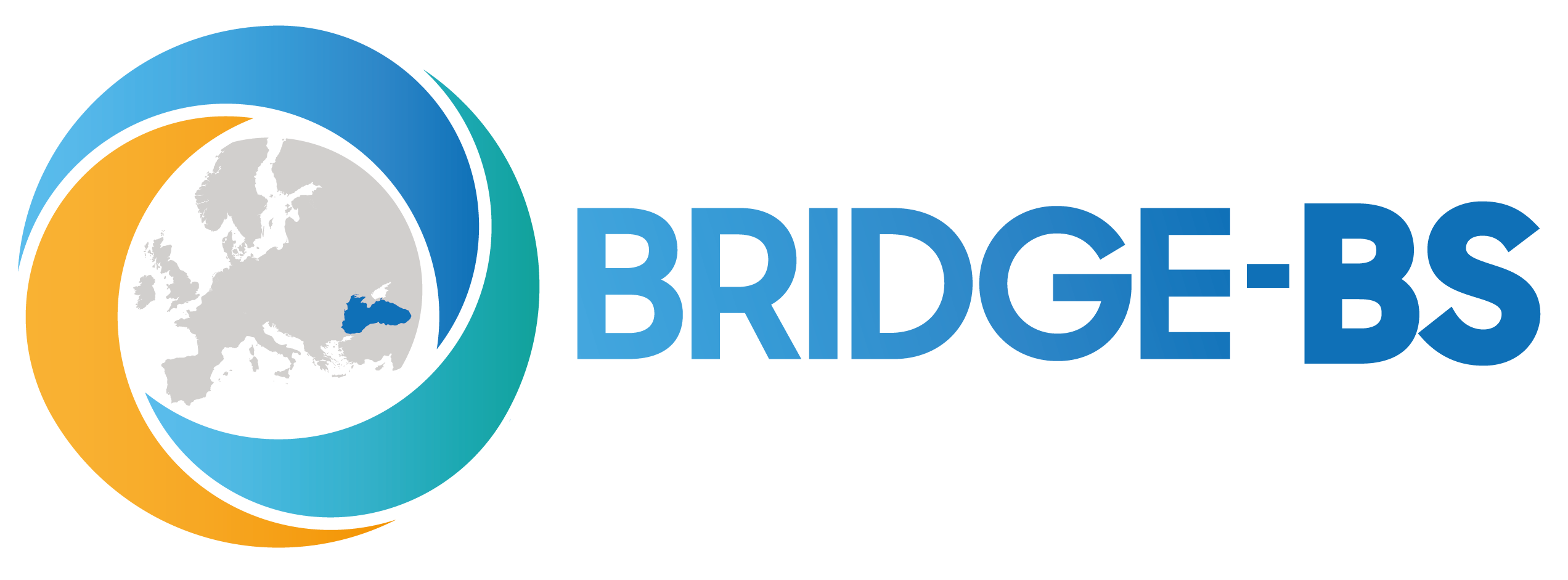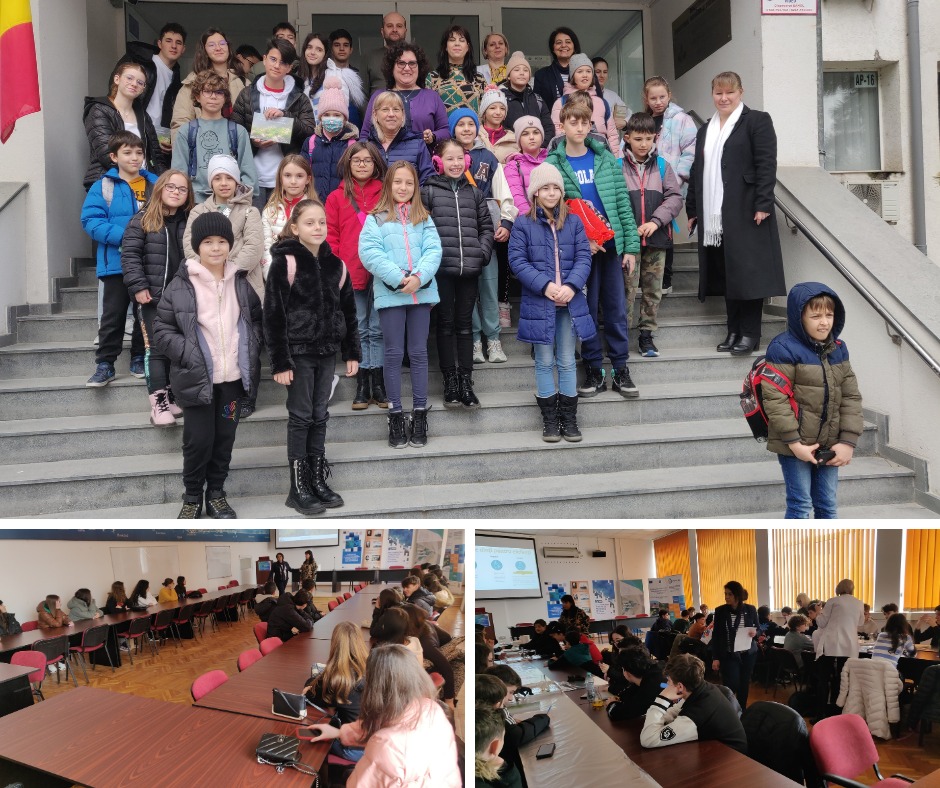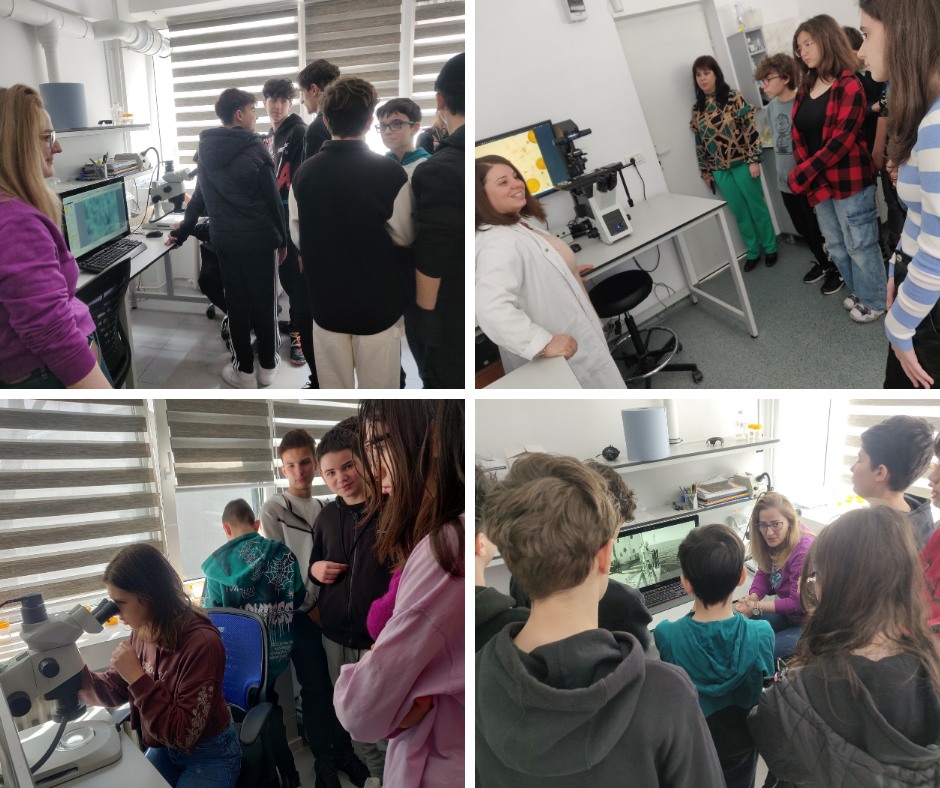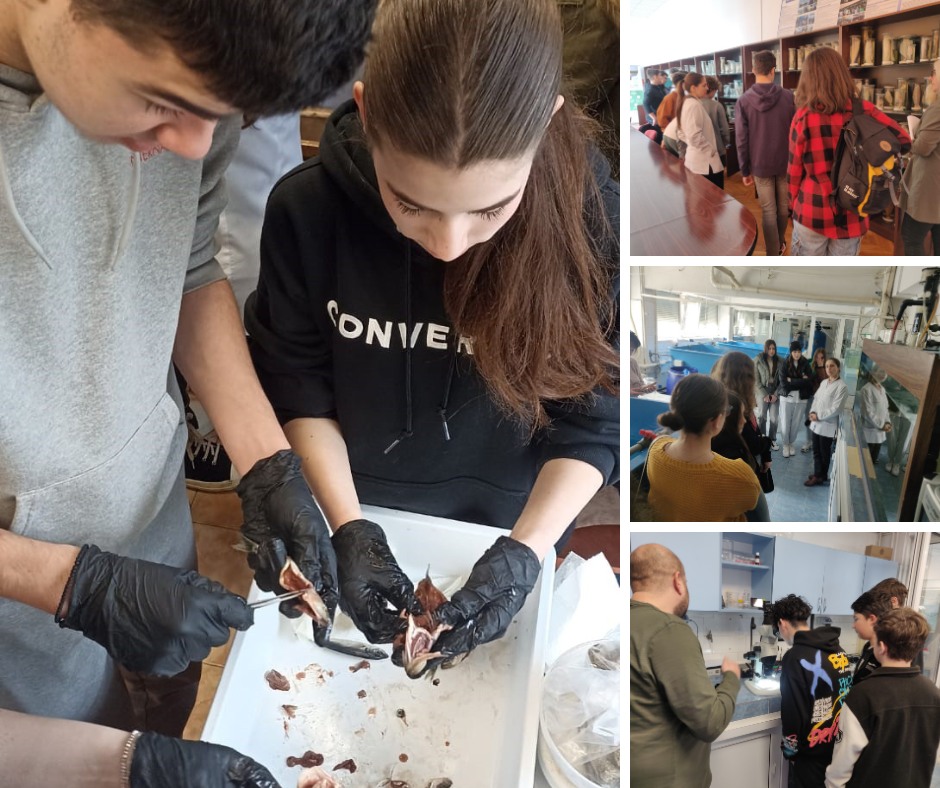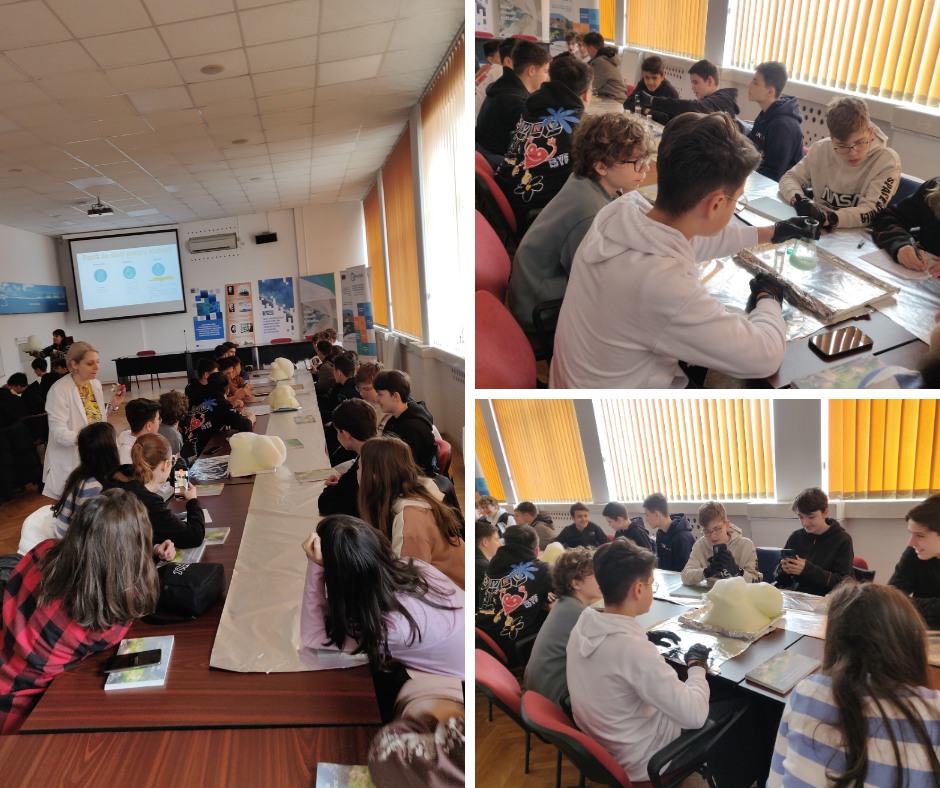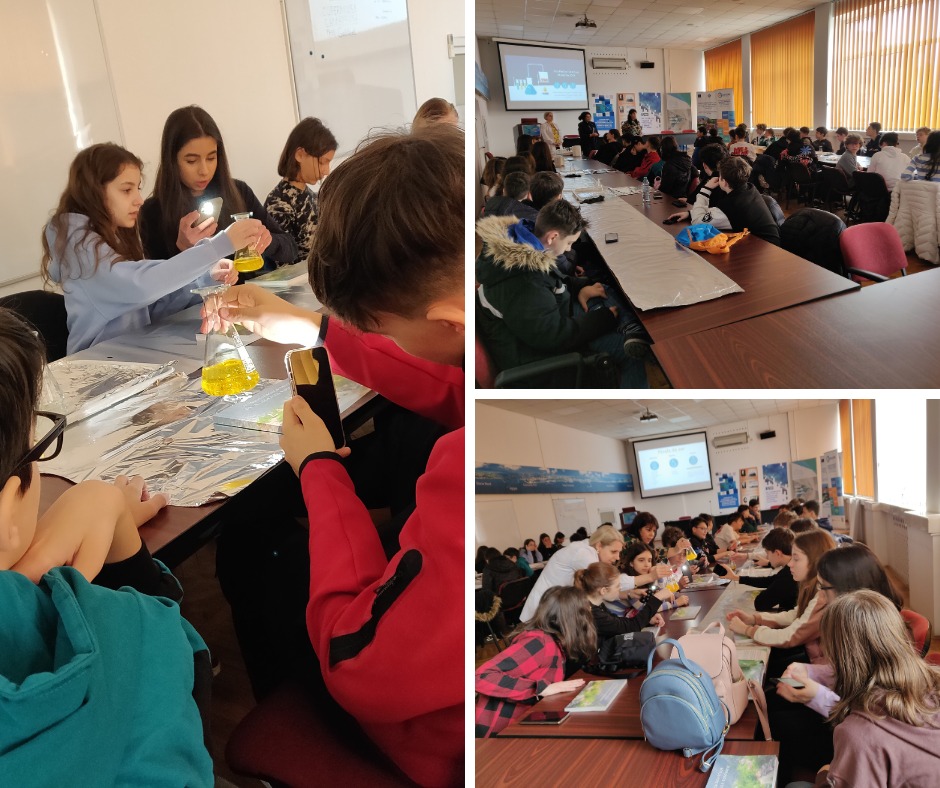Black Sea Young Ambassadors are Opening the Captivating World of Marine Research at the Marine Research Open Day Event
On April 6th, 2023, the National Institute for Marine Research and Development “Grigore Antipa” (NIMRD) hosted an enriching event as part of the European Maritime Day in Romania. Welcoming enthusiastic visitors, the Marine Research Open Day event, as a part of European Maritime Day in My Country 2023 provided an insightful glimpse into the captivating world of marine research. This event was organized through the coordinated efforts of Romanian Black Sea Young Ambassadors Nicoleta Damir and Elena Bisinicu.
The event’s dynamic program encompassed a diverse range of activities, including hands-on laboratory experiments that brought to life various facets of marine science. Participants were captivated by the opportunity to visualize phytoplankton and zooplankton species using state-of-the-art inverted microscopes, delving into the microscopic intricacies that underpin marine ecosystems.
The aquaculture laboratory was also visited for an up-close exploration of the innovative practices driving sustainable aquatic resource management. Visitors were also granted access to the institute’s impressive ichthyologic collection, gaining insights into the rich biodiversity of marine life that NIMRD studies and preserves.
One of the highlights of the event was the presentation of cutting-edge oceanographic equipment and its practical applications. This segment showcased the instrumental role that technology plays in advancing marine research and understanding the complex interactions within our oceans.
The day’s activities were a testament to the tireless efforts of these early career ocean professionals from the Black Sea. From engaging hands-on laboratory experiments that brought marine science to life to allowing participants to peer through state-of-the-art inverted microscopes, revealing the intricate beauty of phytoplankton and zooplankton, Nicoleta Damir and Elena Bisinicu as the Black Sea Young Ambassadors were the driving force behind the event’s captivating and educational content.
